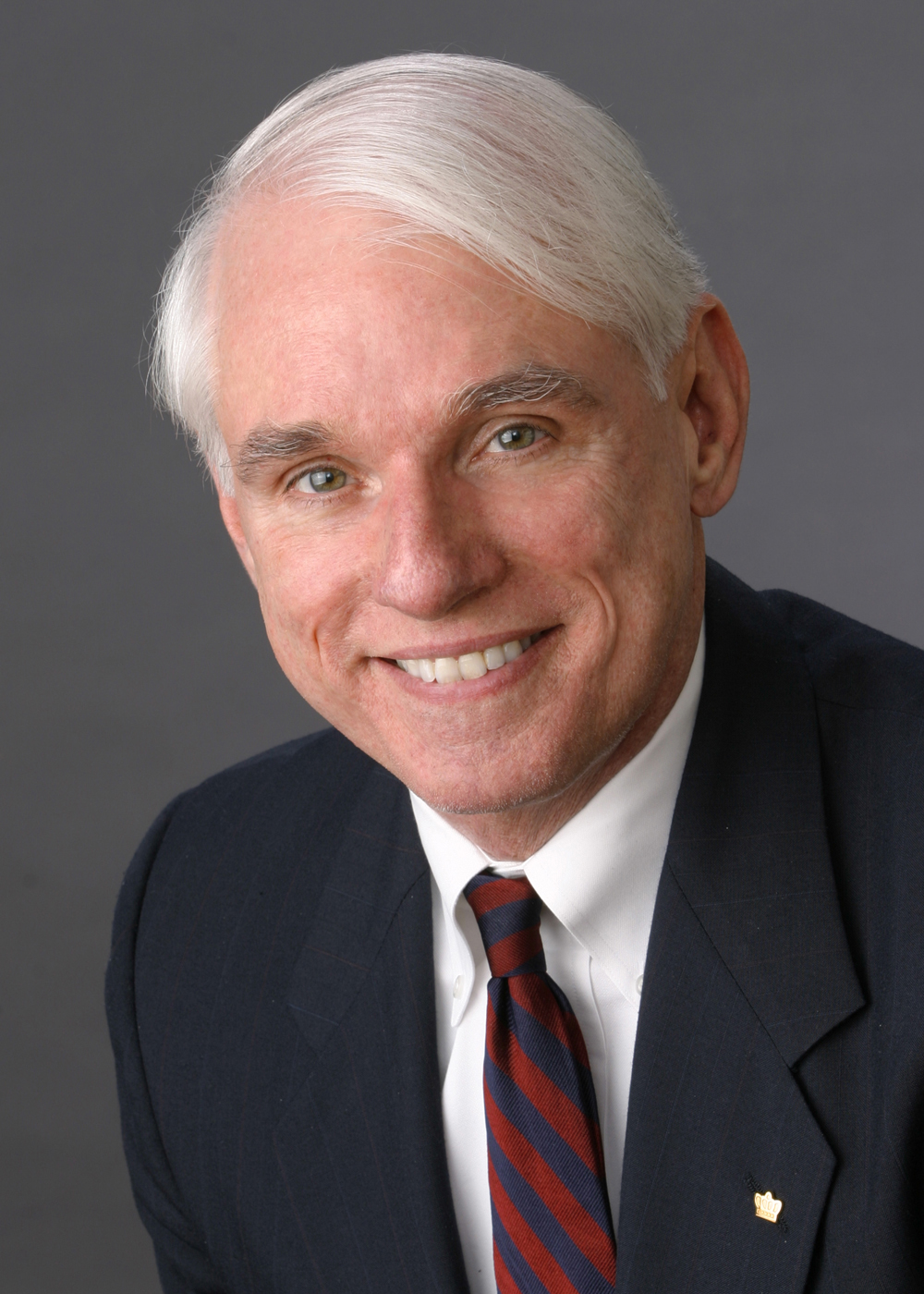
GAINESVILLE, Ga. (BP)–Home foreclosures, auto repossessions, workforce cutbacks, bank collapses, 401(k) losses. As a comedian used to say — “Is that all that’s troubling you cousin?” But no one is really laughing.
Current economic conditions and the lack of employment opportunities in our country now have created many needy families. Although two parents may be present in these families, the main breadwinner has lost his or her job.
What can churches and friends do for these folks who suddenly find themselves without enough income to pay current bills, let alone maintain their current living standard?
Of course, we could say that there are unemployment benefits and even welfare to help folks like this — but is that how those of us who are believers should respond to real needs?
Unfortunately, government welfare has developed many families who live in permanent poverty, and because of this some Christians either resent or are indifferent to the real poor.
Caring for the poor — the truly needy — is biblical and necessary. The fact that the government may have assumed that function does not cancel the responsibility of the church.
Besides, the motivation of government welfare is not necessarily love; rather, it is pity or guilt. With what may be intended for good, government welfare systems trap people at the lowest economic level with indiscriminate handouts. To qualify for support, most recipients must show only that they are not working, not that they cannot work — and this system has produced generational welfare.
The Bible encourages us to provide for others out of love. It is interesting to see the contrasting objectives of biblical care and government welfare. The effects of sharing with others in need, out of God’s love, are threefold.
First, a sense of fellowship and belonging is created. “You are enriched in every way for all generosity, which produces thanksgiving to God through us. For the ministry of this service is not only supplying the needs of the saints, but is also overflowing in many acts of thanksgiving to God. Through the proof of this service, they will glorify God for your obedience to the confession of the gospel of Christ, and for your generosity in sharing with them and with others” (2 Corinthians 9:11-13).
Second, stronger family units are built up. “Now if anyone does not provide for his own relatives, and especially for his household, he has denied the faith and is worse than an unbeliever” (1 Timothy 5:8).
Third, a high standard for work is developed, and this prohibits laziness. “It is not that we don’t have the right [to support], but we did it to make ourselves an example to you so that you would imitate us. In fact, when we were with you, this is what we commanded you: ‘If anyone isn’t willing to work, he should not eat'” (2 Thessalonians 3:9-10).
Welfare was transferred from the church to the government because the church neglected the responsibility. It can be recovered, and once again the church must become the leader in caring about genuine personal needs. This is not an option from God; it is an imperative. “The one who gives to the poor will not be in need, but one who turns his eyes away will receive many curses” (Proverbs 28:27).
However, Scripture also points to several factors that qualify those who should be the recipients of “biblical welfare”:
— Poor — those unable to meet the most basic needs (see Deuteronomy 15:7-11; Proverbs 19:17).
— The diligent — many people are lazy by nature and supporting these people is just as unscriptural as not supporting those with legitimate needs (see Proverbs 16:26).
— Widow — a qualified widow is biblically defined as a woman 60 years old or older whose only husband has died (see 1 Timothy 5:3-10).
— Orphans (see Psalm 82:3; Zechariah 7:10 and others).
— Those needing immediate care (see James 2:15-16). They may not qualify as “poor” or “widows,” but simply “lacking of the daily food” as a result of unemployment or illness.
— Lifestyle — Scripture indicates believers should have a moderate lifestyle, but not one of poverty. “It is not that there may be relief for others and hardship for you, but it is a question of equality” (2 Corinthians 8:13).
Committed Christians should encourage their church leaders to establish a benevolence ministry. A portion of every church’s budget should be designated for needs in the fellowship, in the community and even in other areas of the country.
Each church should have a resource team to counsel families in need, to determine who does and does not qualify. There should be such an atmosphere of sharing and caring that members feel as free about sharing a financial burden as they would a physical problem.
Our goal should be that when faced with needs from within the Christian community, we will respond appropriately without relying on government help. After all, realistically, government handouts are not helpful in the long term, and the government welfare well is running dry.
These suggestions, based on biblical principles, not only inform us of what the church is capable of doing, but what the church must do.
–30–
Howard Dayton is co-founder of Crown Financial Ministries and the current host of Crown’s radio program, “Money Matters.” Dayton and the late Larry Burkett joined forces in 2000 when Crown Ministries, led by Dayton, merged with Christian Financial Concepts, led by Burkett. The new organization became Crown Financial Ministries, on the web at www.crown.org.














